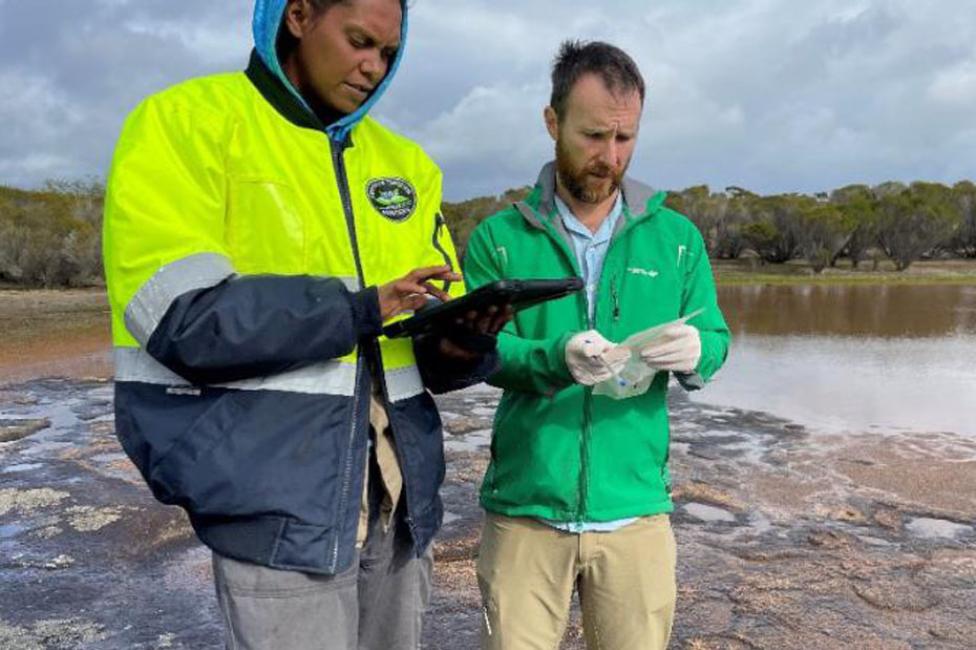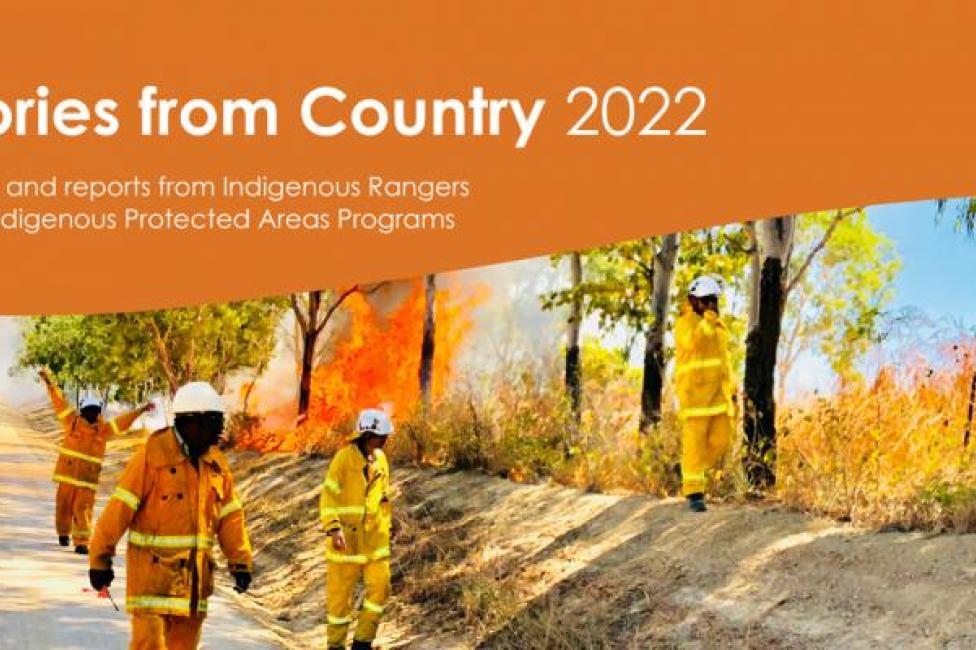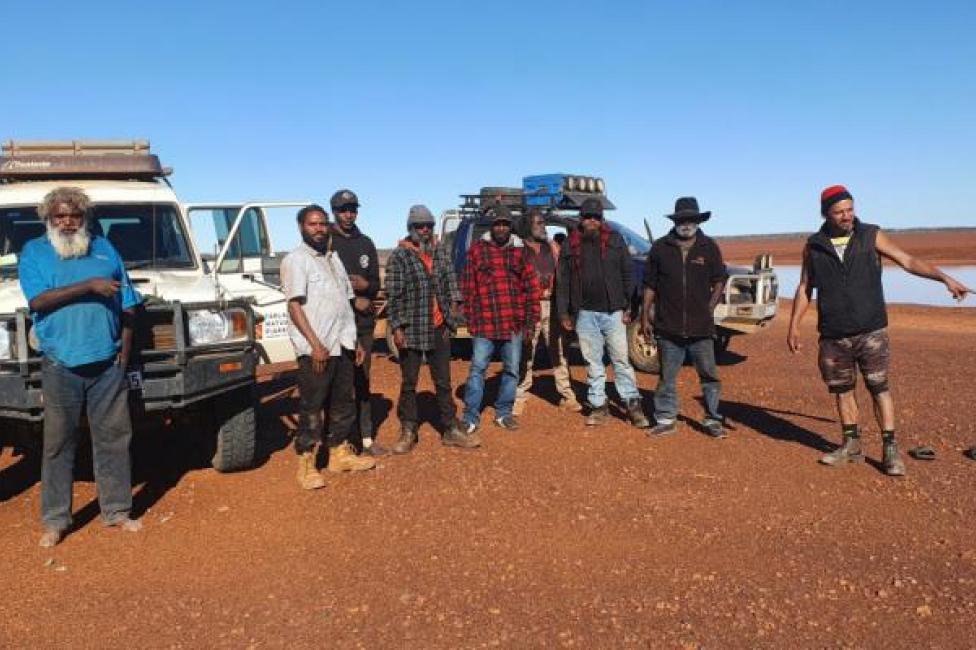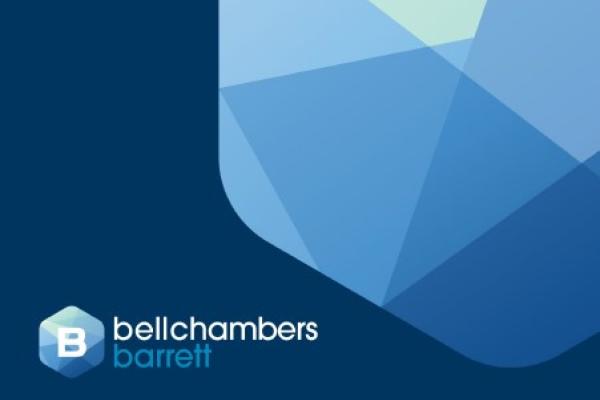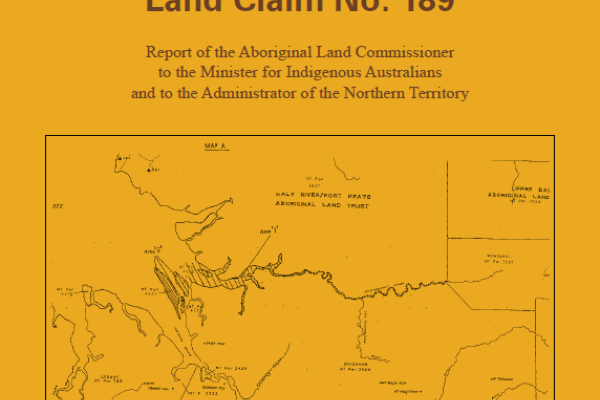Environment
For over 60,000 years, Aboriginal and Torres Strait Islander peoples have actively managed their lands and waters. Indigenous land and water management projects:
- deliver jobs
- preserve Australia’s unique natural and cultural resources
- build economic capacity.
The work done to establish Indigenous Protected Areas (IPAs) and host Indigenous Ranger Program (IRP) groups protects a diverse range of land and water country. It also provides real skills and employment opportunities in remote and rural areas.
You can find a short description of each of the NIAA funded Indigenous Ranger projects (IRP) and Department of Climate Change, Energy, the Environment and Water funded Indigenous Protected Areas (IPAs) on the interactive project map.
You can see the locations of the IPAs and IRP funded groups in this PDF map (2 MB).
View more details about:
Land
Aboriginal and Torres Strait Islander peoples’ have rights and interests recognised in over 57 per cent of Australia’s land mass.
Connection to land is of central importance to First Nations Australians. The recognition of Indigenous rights in land and waters has been fundamental to the process of reconciliation.
The National Indigenous Australians Agency (NIAA) works with First Nations Australians so that Indigenous land can become an economic, cultural and spiritual asset.
We assist First Nations people in generating economic and social benefits from their land assets. This includes supporting:
- Traditional Owners to make informed decisions about use of their land
- efficient land administration
- land and sea claims under Commonwealth native title and land rights legislation.
Land rights
The Commonwealth has responsibility for Land Rights in the Northern Territory (NT) through the Aboriginal Land Rights (Northern Territory) Act 1976 (Cth) (Land Rights Act).
Under the Land Rights Act, Traditional Owners hold decision-making powers over the use of Aboriginal land. The NT Land Councils, as established under the Act, assist Traditional Owners to secure and manage their land. These Land Councils are the Anindilyakwa Land Council, Central Land Council, Northern Land Council and Tiwi Land Council.
The NIAA has a role in:
- Administering the Aboriginals Benefit Account (ABA), a Special Account established by the Land Rights Act. The ABA receives and distributes royalty equivalents from mining on Aboriginal land in the NT. These funds are used to benefit Aboriginal people living in the NT including through operational funding for the NT Land Councils.
- Supporting the Aboriginal Land Commissioner in the performance of their functions under the Land Rights Act.
Aboriginal investment NT
Aboriginal Investment NT has been established to support self-determination for Traditional Owners and Aboriginal people across the NT.
Aboriginal Investment NT makes payments and investments from the ABA to benefit Aboriginal people living in the NT.
For further information on Aboriginal Investment NT, please visit Aboriginal Investment NT.
The Aboriginal Land and Waters (Jervis Bay Territory) Act
Jervis Bay Territory is a Commonwealth administered territory located approximately 250 kilometres east of Canberra and approximately 200 kilometres south of Sydney.
Under the Aboriginal Land and Waters (Jervis Bay Territory) Act 1986 (Land and Waters Act) the Commonwealth has vested about 90 per cent of the land in Jervis Bay Territory in the Wreck Bay Aboriginal Community Council (WBACC). WBACC holds title to, and manages, the Aboriginal land including by granting residential leases to its registered members.
In 2023, amendments to the Land and Waters Act were passed by the Australian Parliament. These amendments were jointly developed by WBACC and the Australian Government and help to strengthen local governance and facilitate home ownership style leases.
The Australian Government is also investing in housing in Wreck Bay Village and working in partnership with the WBACC to roll out the work.
Native Title
Native Title includes rights and interests that relate to land and waters that are:
- held by Indigenous people
- governed under traditional laws and customs
- recognised by the common law in accordance with the Native Title Act 1993 (Cth). (Native Title Act)
Native Title Representative Bodies/Service Providers
We fund a network of Native Title Representative Bodies and Service Providers (NTRB-SPs) to assist Native Title groups. Further details are available at Native Title Representative Bodies and Service Providers.
The NIAA undertakes regular performance reviews of NTRB-SPs. The Nous Group has been engaged to perform the most recent reviews, which commenced in 2023. Details of the review is set out in the Statement of Work.
Previous performance reviews of NTRB-SPs, conducted between May 2017 and March 2021, are available from 2017-21 Performance reviews of native title representative bodies and service providers | NIAA.
Registered Native Title Bodies Corporate (Prescribed Bodies Corporate)
Native Title corporations (known as ‘Prescribed Bodies Corporate’, PBC) manage Native Title on behalf of Traditional Owners. The Australian Government supports PBCs to build organisational capacity and take advantage of economic opportunities through the PBC Capacity Building Program. PBCs may also be eligible to apply for other NIAA grants and funding.
In 2021 changes were made to the Native Title Act that affect PBCs. More information is available at Changes to Native Title legislation affecting PBCs.
Administration of Native Title Act 1993
The Minister for Indigenous Australians administers provisions of the Native Title Act related to NTRB-SPs and PBCs while the Attorney-General administers the remainder of the Act.
The Attorney-General’s Department provides further information on the operation of the Native Title Act available at Attorney-General's Department website.
